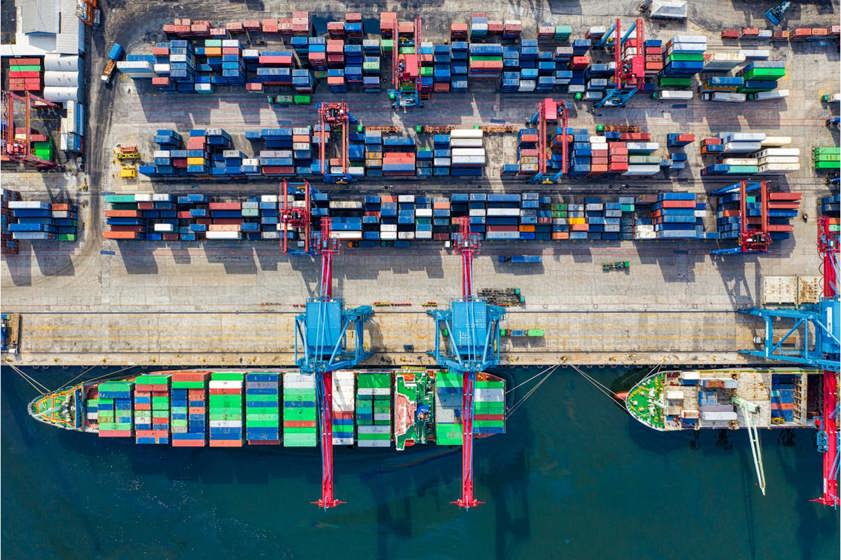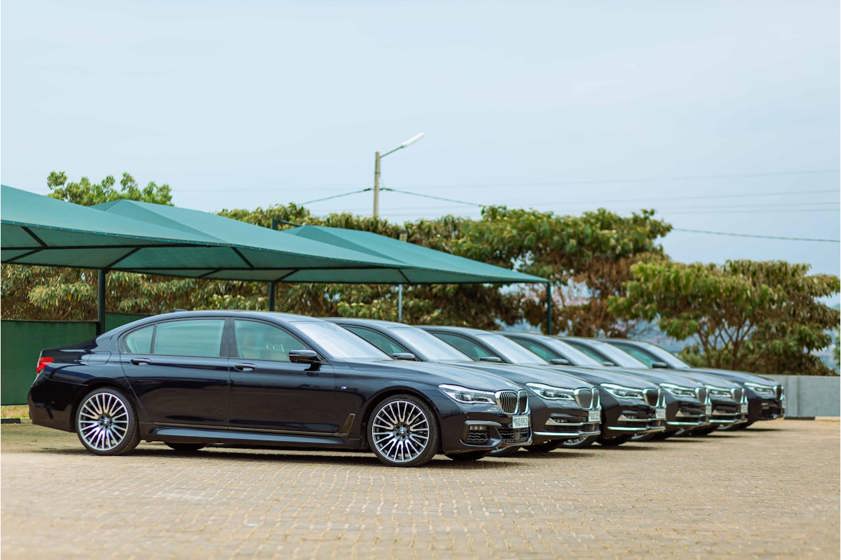
If you’re thinking about getting a car in 2025, you’ll need to be aware of global politics. Who would’ve thought that ten years ago?
Around the world, governments are imposing or increasing tariffs on imports and exports in an attempt to boost home-grown production, however, this could shake up the entire automotive industry.
These changes could potentially lead to higher prices, increased wait times, and even changes in where cars are manufactured.
So, what’s changing, and what does it mean for you? In this blog, we’ll take a deep dive into how rising tariffs could impact the car industry in 2025 and beyond. We discuss:

In short, tariffs are taxes placed on imported goods. When a country raises tariffs, it makes foreign goods much more expensive.
There are various reasons why a government would raise tariffs:
- To protect local industries by making foreign imports more expensive.
- Encourage domestic manufacturing.
Think of a tariff like a road toll. Some routes become more expensive, forcing you to either pay more or find an alternative route.
Relating to cars, raising tariffs would make imported vehicles more expensive, which consequently would impact everything from manufacturing to retail prices.
While some industries aren’t particularly affected by tariffs, this can’t be said for the automotive industry. Cars are sourced and made from all over the world, with hubs being in mainland Europe, East Asia, and the USA.
There doesn’t seem to be any way of avoiding the word ‘tariff’ in 2025. Several key global markets are increasing tariffs, and their impact will be felt across the industry:
- European Union - Retaliatory tariffs on Chinese vehicles, particularly targeting EVs, ranging from 8%-35%.
- USA - Potential tariff increases on Chinese and European imports under the presidency of the Trump administration, which could lead to revenue losses between $3.2-$9.8 billion at the manufacturer level (Kearney)
- United Kingdom - Post-Brexit adjustments affecting imports from the EU. A 10% tariff was narrowly avoided in 2024, but there’s still doubt lingering on the future.
- China - Hikes on luxury and performance cars, aimed at boosting domestic brands.
It’s expected that these changes could disrupt global supply chains, and could cause increased costs for manufacturers and consumers alike.
So, how will car manufacturers react to these changes? Manufacturers typically have two choices: absorb the additional costs themselves or pass them on to the consumer.
Considering the state of the European car market, I think we can all make an educated guess about which one it will be!
However, here’s how different corners of the industry might respond:
- Luxury brands may absorb the tariffs to maintain their premium position within the market, although prices could still rise slightly.
- Mainstream brands will likely pass some of the costs to consumers or consider shifting production to tariff-friendly locations.
- Electric vehicle manufacturers will likely be hit the hardest as battery production relies heavily on international supply chains.

If tariffs come into place across the world (which looks likely), car prices will likely increase:
- Imported vehicles could see price hikes of anywhere between 5-15%
- Domestic brands might also have to raise prices due to increased production costs.
- Leasing prices may increase as purchase costs increase.
For example, if a £30,000 imported car faces a 10% tariff, that’s an extra £3,000 before it even reaches the dealership.
The sticking point for the automotive industry will likely be countries' production capabilities. Modern vehicles are assembled using parts from across the globe and from various suppliers, and if tariffs were to come in, costs would increase.
For the UK, there’s no denying our car industry relies heavily on imports, but it’s not all doom and gloom.
Some manufacturers may adjust their supply chains to source components more locally, while government incentives and trader agreements could come into play.
For example, back in 2023, the UK and EU agreed to extend trade rules on electric vehicles until 2026, providing a bit of stability for the industry and helping to boost EV sales between the two.
This can be seen on the roads. As of January 2025, there are over 1.4 million fully electric cars in the UK, accounting for 4% of all registered vehicles (ZapMap).
One area that might benefit from the changing landscape is the car leasing industry. If outright ownership becomes more expensive, leasing provides an affordable alternative, allowing customers to spread the cost over fixed monthly payments.
Also, a leasing contract is fixed, shielding customers from sudden price surges due to tariffs.
Moreover, leasing brokers such as Nationwide Vehicle Contracts have a strong partnership with manufacturers, allowing us to offer competitive deals in the face of rising prices.
Higher new car prices often lead to increased demand for used cars. Here’s how tariffs might impact the second-hand market:
- Increased demand for used cars - As new cars become more expensive, more drivers will turn to pre-owned vehicles.
- Higher resale values - If you opt to sell your car, it’s likely the price will increase, making it a more valuable asset for the current owners.

Yes, tariffs could have an impact on leasing deals, particularly in how the value of each car is calculated.
Since leasing is based on a vehicles depreciation over the lease term, an increase in the upfront cost of a tariff could influence pricing in several ways:
- Higher monthly payments - If the initial cost of a vehicle increases, it’s likely the fixed monthly rentals will increase.
- More deals on certain brands - Not all brands will be equally affected by tariffs. Domestic brands or manufacturers with local production capabilities may offer cheaper and more attractive deals.
- Increase in demand for leasing - If prices on imported cars rise, drivers may look towards leasing. With fixed monthly payments and a low upfront cost, it will remain one of the most cost-effective ways to drive a new car.
Tariffs could potentially add a new layer of complexity to the car market, however, there are a few steps you can take to stay ahead of the pack:
- Consider car leasing - Leasing allows you to avoid the full brunt of price increases through fixed monthly payments and low initial rentals.
- Domestic brands - Vehicle manufacturers locally are likely to be less affected by tariffs than imported models.
- Research offers - Keep an eye out for great deals that take your fancy and don’t be afraid to do thorough research. Spending a bit of time might save you a lot of money.
- Stay updated - The car industry is at a crucial stage in its history and is evolving rapidly. Keep an eye on government policies, trade agreements, and manufacturer announcements.
If tariffs come in, they could potentially shake up the car industry and change how cars are priced, manufactured, and sold.
While new car prices may rise, leasing remains a flexible and cost-effective alternative to outright ownership.
If you’re after an affordable lease deal, check out our latest car leasing deals. We also offer a load of supporting information in our comprehensive car leasing guides.
For more information, call us on 0345 811 9595 to speak to one of our experts.

